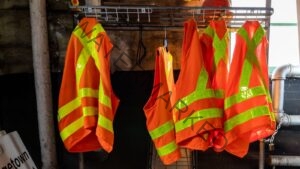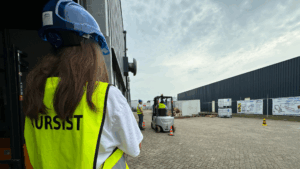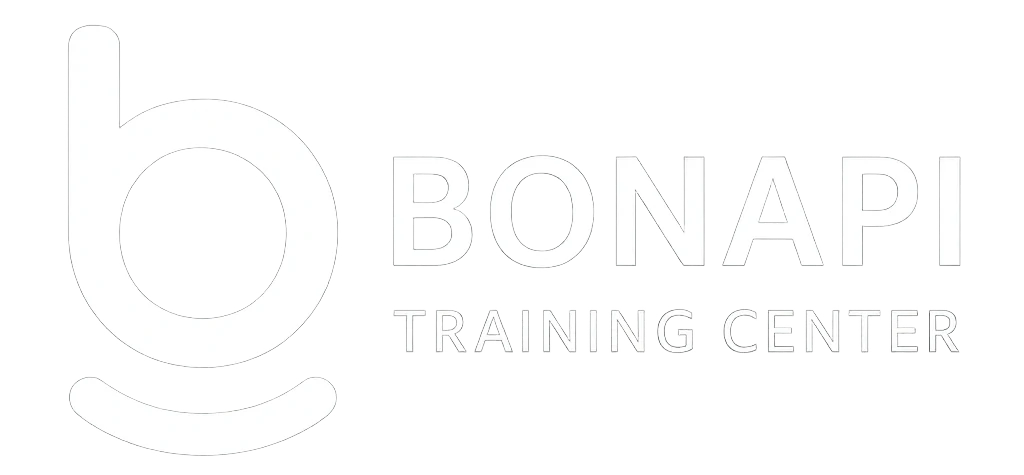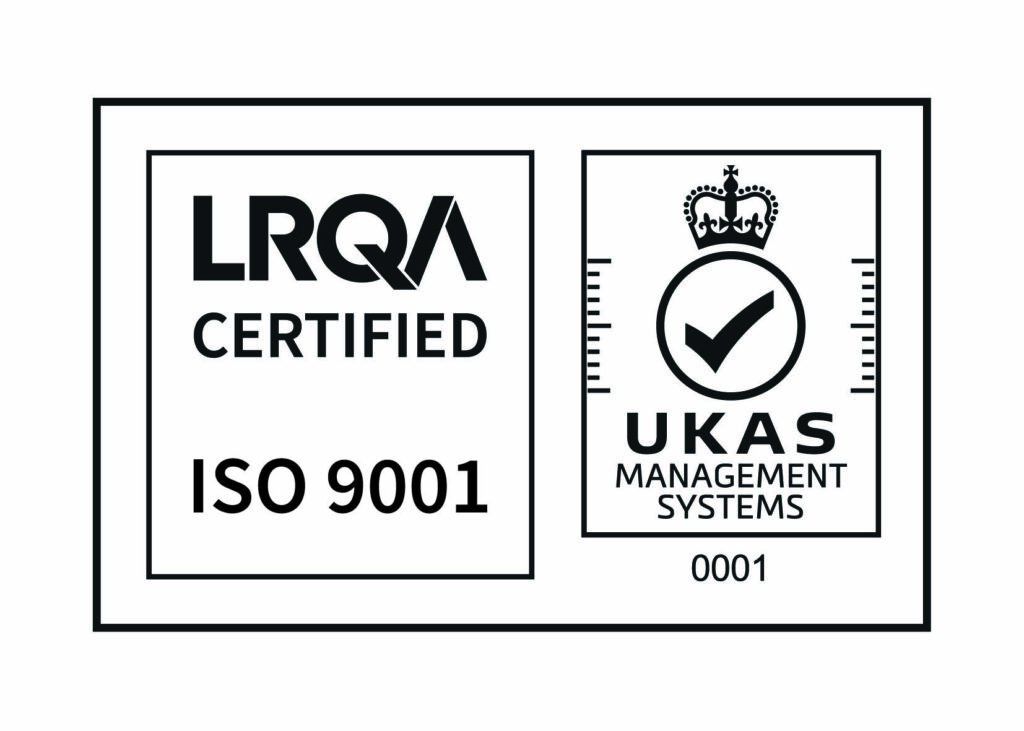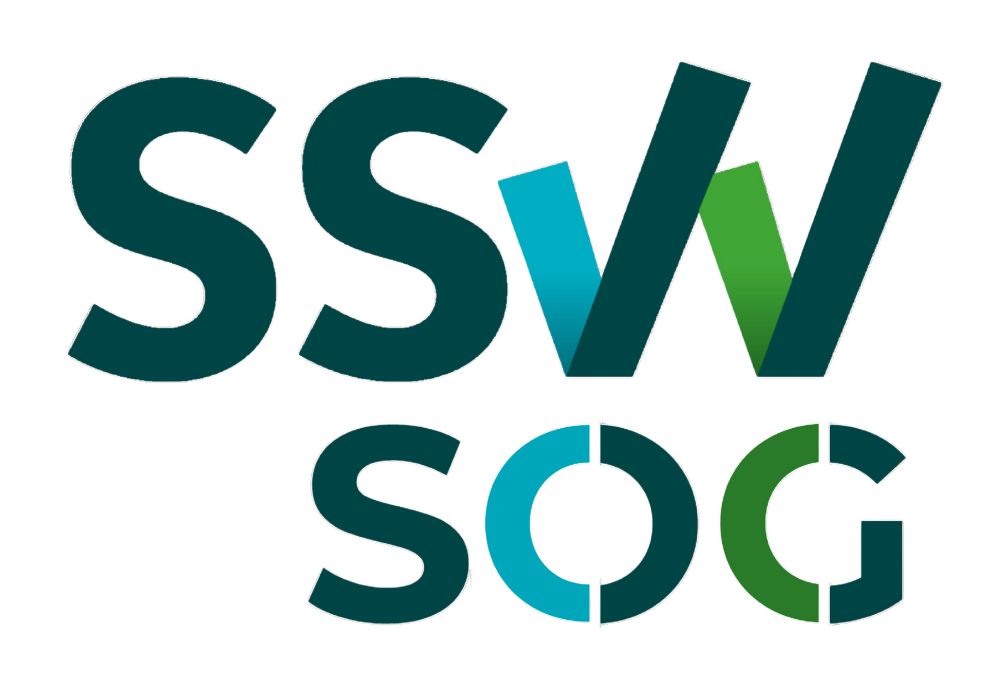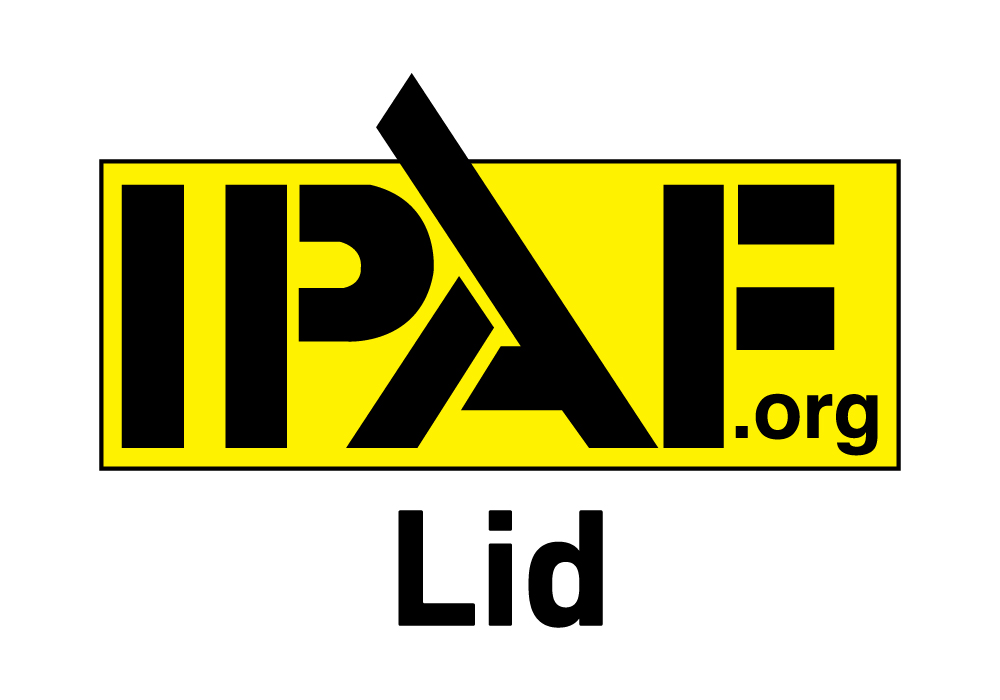Going abroad for temporary work involves not only job responsibilities but also taking care of your health. If you’re planning to work in the Netherlands, it’s essential to understand how the local healthcare system works and what rights you have as a temporary worker—whether employed directly by a company or through an employment agency. In this article, we explain how healthcare in the Netherlands is organised, who needs insurance and when, what it costs, and what to do in case of illness or a workplace accident.
Is health insurance mandatory in the Netherlands?
Yes. Everyone legally working in the Netherlands—regardless of nationality or contract type—is required to have health insurance (zorgverzekering). This includes temporary workers from Poland or other EU countries. The requirement is based on Dutch law and applies to anyone who lives or works in the country, even if only temporarily. Insurance must be purchased from a private insurer and is paid for by the worker—it is not automatically covered by the government or employer. Failing to have insurance can result in high administrative fines and serious problems if medical care is needed.
How can temporary workers get health insurance?
In most cases, temporary workers can get help from their employment agency to arrange health insurance. Agencies often partner with specific insurance providers and offer standard packages suited to temporary workers’ needs. Workers can use this option or choose their own provider from the many available on the market. The process of buying insurance isn’t complicated but requires having a BSN number (Burgerservicenummer)—similar to a Polish PESEL number—which is issued after registering your address in the Netherlands. It’s important to know that the insurance obligation starts on the first day of legal employment, not the day the policy is purchased, so it shouldn’t be delayed.
How much does health insurance cost in the Netherlands?
The cost of basic health insurance usually ranges from €120 to €150 per month. The price depends on the insurer and any additional services included. This amount covers only the basic premium. With basic insurance, you are entitled to GP visits, hospital treatment, approved medications, and emergency care. In addition to the monthly premium, there is also a deductible (own risk) that must be paid out of pocket before the insurer begins covering costs. In 2025, this deductible is €385 per year. This means that the first costs for specialists or medications—up to that amount—must be paid by the patient.
When should you consider additional insurance?
Basic insurance covers essential services, but not everything. Some treatments—like adult dental care, physiotherapy, psychological care, or eye care—require an additional package. People with chronic conditions, frequent health needs, or those seeking broader protection should consider taking out a supplementary policy (aanvullende verzekering). Keep in mind that the more services included, the higher the premium. The choice of insurance should match your actual needs and budget.
Seasonal work in the Netherlands? Get your VCA certificate first
Many seasonal jobs in the Netherlands – especially in construction, industry and logistics – require a valid VCA certificate. Take the Basic VCA course in Polish and improve your chances of getting hired. Available online and on-site!
Can employment agencies deduct insurance fees from wages?
Yes. If you choose insurance through an agency, the cost can be deducted directly from your salary. This is convenient, especially for people who are new to the Dutch system and prefer not to handle the formalities themselves. However, it’s important to check the policy terms and costs carefully, as some agency packages may be more expensive or offer fewer benefits than those you could find on your own.
Where do you go when you’re sick?
In the Netherlands, the first point of contact for health issues is the general practitioner (huisarts). You can’t go directly to a specialist, hospital, or emergency department unless it’s an emergency—you need a referral from your GP. The GP decides whether you need further tests, specialist care, or hospital admission. In emergencies such as injuries or severe pain, you should go to the hospital’s emergency room or call 112. For non-urgent issues outside of regular hours, you can visit a huisartsenpost—a medical clinic open in the evenings and weekends.
What does basic health insurance cover?
Basic health insurance typically covers the costs of: GP visits, hospital treatment (including surgery), hospital stays, some prescription medications, maternity and childbirth care, emergency assistance, and medical transport in urgent situations. This ensures that temporary workers have access to essential healthcare without worrying about high costs—as long as their insurance is active and premiums are paid on time.
You can view the full list of services and watch a short explainer video on choosing a policy on the Dutch government website:
👉 www.rijksoverheid.nl – What’s included in the basic package?
What if you get sick before buying insurance?
If you fall ill before purchasing insurance, you must get coverage as soon as possible. In many cases, insurance can be applied retroactively if you sign up in time. Sometimes, it’s possible to recover part of the treatment costs after signing the policy. However, you must be prepared for financial risk, and medical providers may refuse to treat you without valid insurance.
Can you use an EHIC card in the Netherlands?
The European Health Insurance Card (EHIC) can be useful during the early days of your stay—for example, while waiting for your BSN number or completing formalities. However, it does not replace mandatory Dutch health insurance and cannot be used long-term by workers. The EHIC only grants access to necessary medical care in emergencies, under the same conditions as for Dutch citizens, and only for a limited period.
Can you get a healthcare allowance?
People with low incomes—including many temporary workers—can apply for a healthcare allowance (zorgtoeslag). This is a monthly government subsidy to help reduce the cost of insurance premiums. To receive it, you must meet income criteria and submit a request through the tax office (Belastingdienst). In 2025, the maximum allowance exceeds €100 per month, which can significantly ease the financial burden.
Summary
Healthcare in the Netherlands for temporary workers is something worth understanding before starting a job. Having valid insurance, knowing the procedures, and understanding your rights helps avoid stress in emergencies and lets you focus on what matters most—safe and stable employment abroad. If you’re planning to work in the Netherlands, take care of these formalities from the beginning. It’s an investment in your health and peace of mind.


